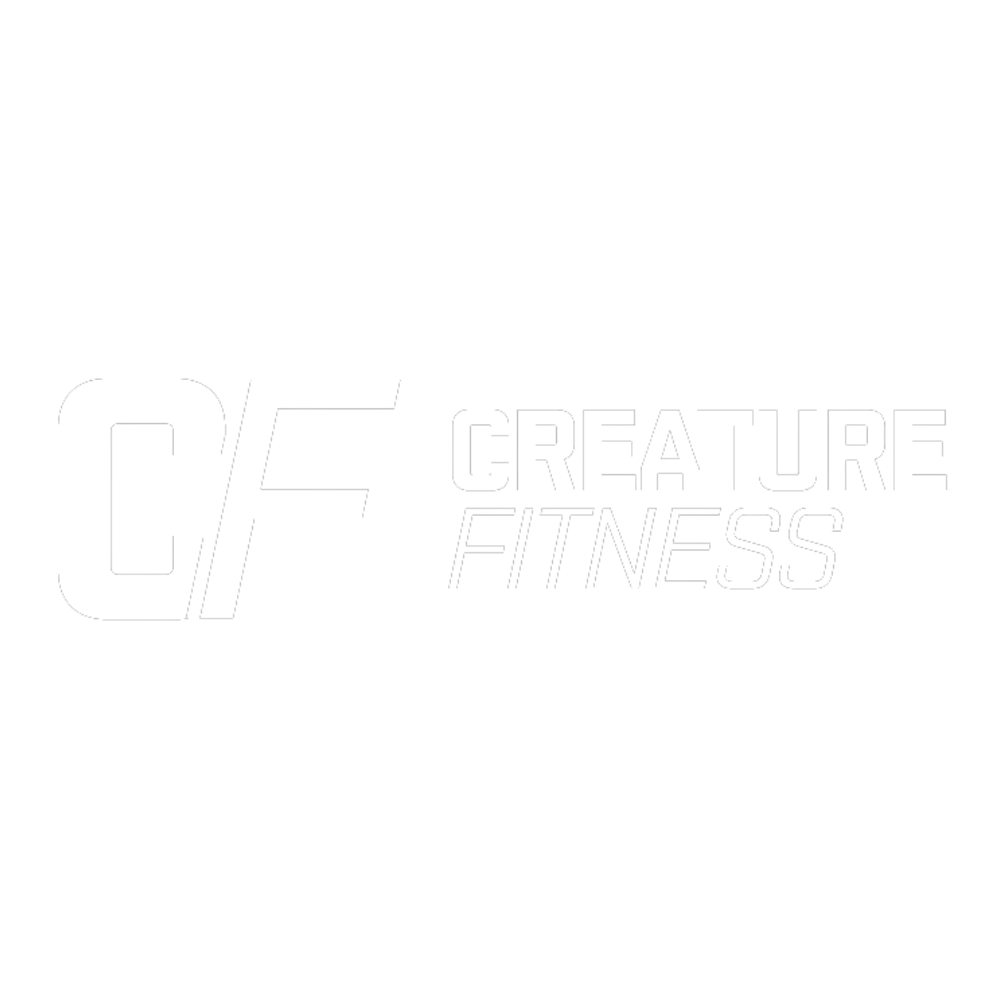Would you trust a 19 year old self-obsessed ‘know-it-all’ with your health and fitness?
The Australian Fitness Industry is likely the most unregulated professional space in our country.
There is no minimum legal requirement to become a certified insured trainer.
So what does this mean for you?
It means you as the consumer have no idea of knowing what qualifies a trainer to be ‘good’, ‘bad’ or something in between.
There is no seal of approval, no badge of authority and no certificate of professionalism.
You are screwed.
Fortunately after reading this article you are going to be better educated when finding your next coach, trainer or nutritionist.
Here is a checklist to run through...
Note: I will be using the words ‘trainer’, ‘coach’, ‘professional’ to describe the same job. A person who gets paid to train other people in a physical manner for health and fitness.
1. Industry experience
Do you remember your first day at high school?
Your first day at uni?
Or your first day in your current job?
Despite everything you thought you knew, the amount of books you read and advice you sought out…
Nothing could prepare for actually doing the damn thing.
The fitness industry is no different.
Nothing replaces experience.
The difference between 1 and 5 years experience is monumental. You know this.
5 years means years of making stupid recommendations, trialling strange diets and getting mixed results.
As a trainer this trial and error allows time to refine the process to what really works.
Start by finding someone who has pushed past the initial 3 years when most trainers burn out.
This is someone who doesn’t need passion and motivation any more.
This is a professional who wants to be there and get you results.
The 20 person coaching staff at Creature combines 3 decades of industry experience from every corner of fitness - see the team here.
2. Qualifications
With 1000+ courses available to anyone deciding to become a trainer.
Choosing a starting point is a tough gig.
For you as the customer it is nearly impossible to know what is reputable and what is not.
The industries most common certifications are the Cert III & IV.
Marketed to young ‘wannabes’ selling the dream. Leading them to believe legally they must need it.
This is not true nor does it instantly qualify you as a trainer. To be honest I don’t even know what does. There is no official moment when you become a trainer
Before we go any further you need to know this…
Our big name franchise gyms in Australia have done 2 things.
Firstly some are in partnership with certain Fitness Education Companies.
On the flop the big name gyms promote their ‘trusted partnership’ with the educational company.
It’s a 2-way street.
Big name gym sells the dream of being a trainer but only if you get certified with company X.
Company X sets up incentive schemes for young graduates to go work for the big name gym.
This is how it is working on paper and I’m not saying it’s wrong.
I just want to give you an idea of the level of theory and practice most coaches have before their first day.
I mean if you’re going to pay and hire someone I’d want a good idea of how they got their ‘qualifications’.
The second most common qualifications are university degrees.
Bachelors of ‘Sports management’, ‘Sports science’, ‘Exercise Physiology’ and probably a few more new ones I’m not familiar with.
A massive theoretical knowledge base… yes.
But having done one myself I know for certain it doesn’t not prepare you for many things.
What I didn’t learn:
- How to understand client psychology
How to shut up and listen
How to value your skills and sell yourself
How to communicate advice appropriately
How to know what type of clients you really want to work with
Exposure to the whole sphere of training and exercise dogmas not just the things they study in a lab
The value of anecdotal evidence
So what can you take away form this...
A good rule is to look for a long and mixed list of qualifications.
Why?
Because regular exposure to different training philosophies says “I am not stuck in my ways. There is always more to learn and I want to seek as much knowledge as possible to help myself and my clients.”
3. Practice what you preach
Trainers often give more advice than they should.
I believe as long as they ‘practice what they preach’ it is advice worth listening to.
There are multiple aspects to consider...
What is the trainer’s lifestyle?
Are they busy like you?
What else is going on in their life?
Can you relate to a trainer whose only focus in their life is training and eating?
To create trust their must be understanding.
A trainer who is not time poor may not have ever needed to seek the most time efficient training methods.
They may not know useful tips for eating healthy whilst travelling or how to cook for a week's worth of food in 2 hours.
Seek a trainer who understands your lifestyle through their own experience.
What kind of shape are they in?
Do you want to achieve similar results to them?
If their advice is so good it will be something they have used to on themselves.
Would you hire an accountant who owes the ATO money?
If coaching and accountability is so valuable then they will their own coach.
One of the most important rules is “coaches need coaches”.
Well there you have it.
Hopefully this gives you a better understanding of the people which make up the fitness industry.
I hope you invest wisely.
You can alway go here to see my list of qualifications if you want to see if I practice what i preach.
